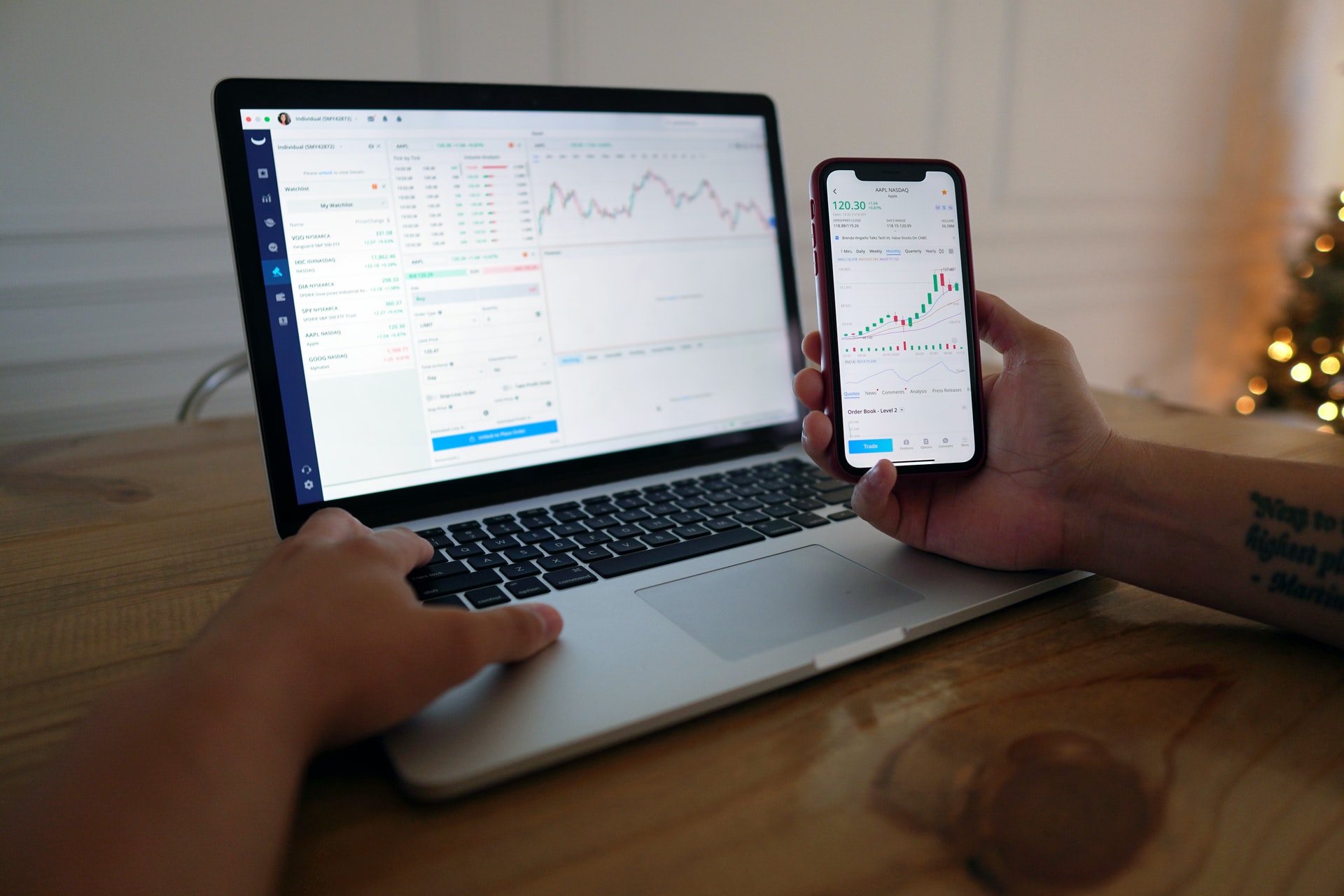Trading as a career
Trading can be considered a full-time career for those looking to really profit from lucrative market fluctuations. When one thinks of trading as a profession, they are likely to be day traders making use of one of the several intraday strategies that are widely known. While there are several strategies that one can choose from when exploring trading as an investment option, day trading is one that allows you to best capitalise on unexpected but lucrative market activity. Day traders do not maintain a position overnight, and therefore, are less likely to be adversely affected by overnight political or economic turbulences that affect the market.
It can be said that one of the benefits of day trading is that it helps you avoid overnight risk and market fluctuations that may lead to great losses. When one considers some of the top traders on the FTSE 100, it is worth noting that they are listed on an index that trades from 08:00 UK time and closes at 16:30, as day traders do. Although, some may continue to quote prices on the index even after closing time as some futures contracts can be traded outside of normal trading hours.
What makes a successful trader?
Day traders need to have a great understanding of the markets, historical data to inform decisions, sufficient resources, as well as the ability to identify lucrative entry and exit points. Being able to analyse charts and data could also prove to be beneficial in making on-the-spot decisions and reacting to unexpected market changes, as your decision will be guided by your understanding of market conditions. While some level of financial acumen is crucial to become a successful trader, there are several other traits that are contributing factors.
Financial resources
Because trading is a career choice and profession for some, it goes without saying that one needs to invest some financial resources. As one would allocate a certain amount of funds to start any business, the same can be said for trading. This applies to novice and experienced traders; while novice traders require financial resources to start trading, experienced traders need funds to continue trading, prepare for losses, and consider investing greater amounts in more promising opportunities.
Choosing the right Forex broker
Choosing the right Forex broker is crucial for traders. Consider factors like regulatory status, fees, platform, and reputation. So it means that you need good research. For example, you can read on topbrokers.com or other similar websites, the reviews and ratings of various Forex brokers that can help you make an informed decision. A broker that aligns with your trading goals and strategies can contribute to your success. A successful trader needs a strong understanding of the markets, historical data, resources, and the ability to identify entry and exit points. Choosing a Forex broker that aligns with your goals is crucial. Consider regulatory status, fees, platform, and reputation.
Risk tolerance
All investment opportunities carry with them some level of risk, particularly trading. Therefore, when pursuing it as a career, you must be well aware of your risk attitude. While some that are risk averse may opt for more conservative and relatively safe trading strategies, others with a high risk tolerance stand to gain significantly upon acting on it.
Knowledge and understanding of trading
One need not necessarily be an expert when pursuing trading as a career, however, some level and knowledge of trading and the markets is vital. This also extends to being decisive and quick-witted enough to act in the most opportune times. But fortunately, it is already possible to carry out effective crypto-trading in automatic mode through special cryptobots like zignaly.com. Competent application of cryptobots’ capabilities can bring a trader a stable profit.
Discipline
This is particularly important because day trading requires constant monitoring of market activity. Therefore, it is of utmost important to be disciplined in implementing your chosen strategy and ensuring that you are, in fact, trading during market hours.














